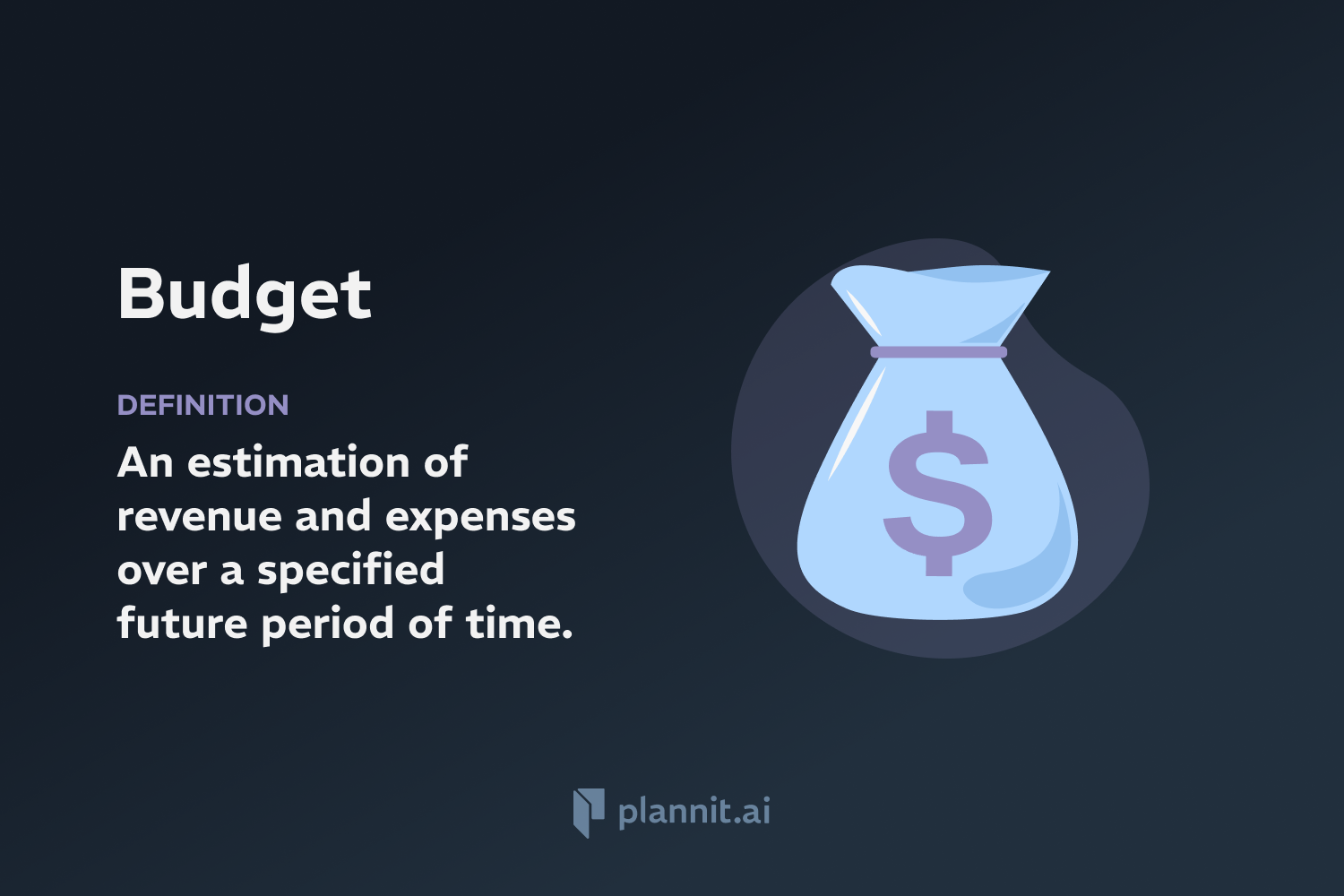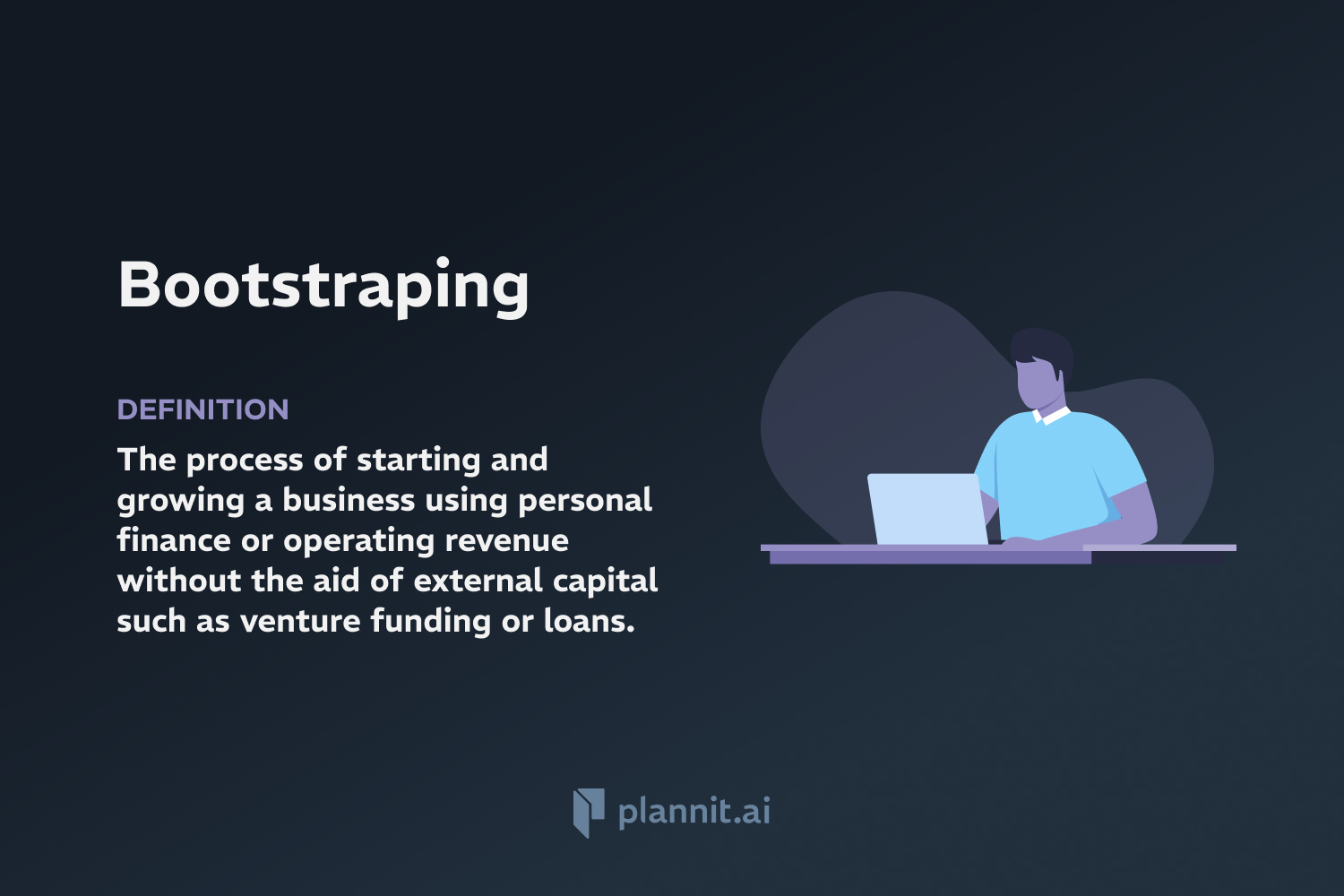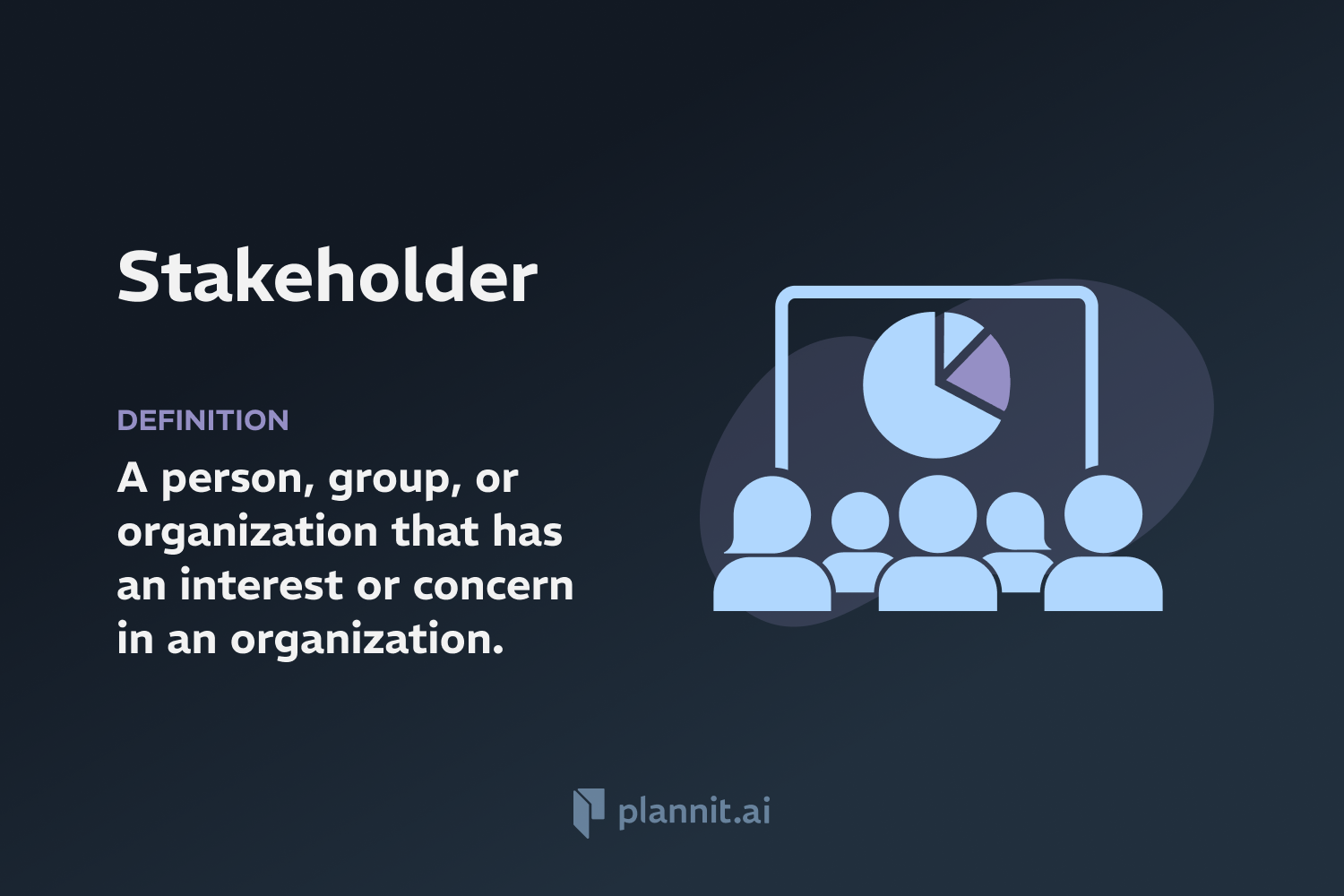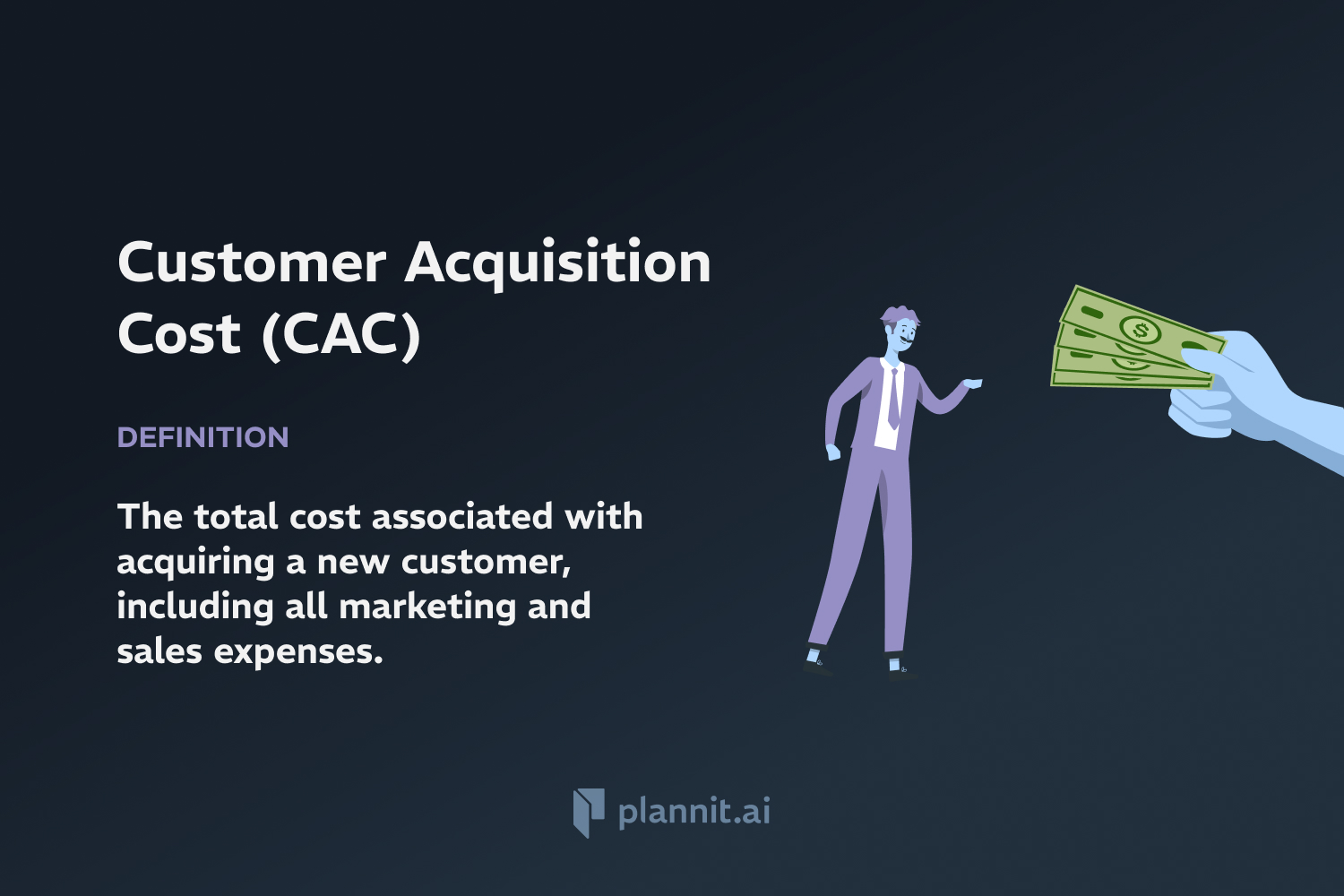Need Help With Your Business Plan?
Answer tailored questions and get a detailed business plan in minutes.
Budget: Definition & In-Depth Explanation

A budget is a financial plan for a defined period, often one year, that quantitatively expresses the strategic plans of business units, organizations, or individuals. It encompasses both revenue and expenses that are expected to be incurred during that period. Budgets help in planning and controlling finances by providing a benchmark against which actual financial performance can be compared.
Purpose:
The primary purpose of a budget is to ensure that resources are allocated efficiently and effectively to meet organizational or personal goals. It acts as a financial framework for decision-making and helps in managing finances by anticipating needs and resources, controlling spending, and saving for future investments.
Example:
In a corporate setting, a departmental budget might include estimates for expenses such as salaries, supplies, and utilities, and projections for revenue from various sources. The budget serves as a guide for department managers to make informed spending decisions and to stay within allocated financial limits.
Related Terms:
Operating Budget: A detailed projection of all estimated income and expenses based on forecasted sales revenue during a given period.
Capital Budget: A budget for expenses related to the purchase of major physical assets such as property, buildings, technology, etc., and is often used to plan investments in long-term assets.
Cash Flow Budget: A projection of all cash receipts and expenditures that are expected to occur during a specific period.
Zero-Based Budgeting: A budgeting method where all expenses must be justified for each new period, starting from a "zero base," without reference to prior spending.
FAQs:
How do businesses benefit from budgeting?
Budgeting helps businesses allocate resources efficiently, predict cash flow and profitability, plan for future financial needs, and mitigate risks by anticipating financial challenges.
What happens if a business exceeds its budget?
Exceeding a budget can lead to financial strain, potential cuts in other areas, or the need for additional funding. It may also trigger a review of spending habits to identify necessary adjustments.
Can a budget change once it’s set?
Yes, budgets can be revised based on changes in financial conditions, unexpected expenses, or changes in revenue outlook. Continuous monitoring and adjustment are key aspects of effective budget management.
What is the difference between a budget and a forecast?
A budget is a plan for where a business wants to go, while a forecast is an estimate of where it is actually going. Budgets are what businesses aim to achieve, and forecasts are indicative of actual outcomes based on current financial trends.
How important is budgeting for personal finances?
Personal budgeting is crucial for managing income, saving money, reducing debt, and planning for both short-term and long-term financial goals. It provides individuals with a clear overview of their financial status and helps in making informed financial decisions.
Get funding with a business plan that will impress investors.
Starting a New Business?



